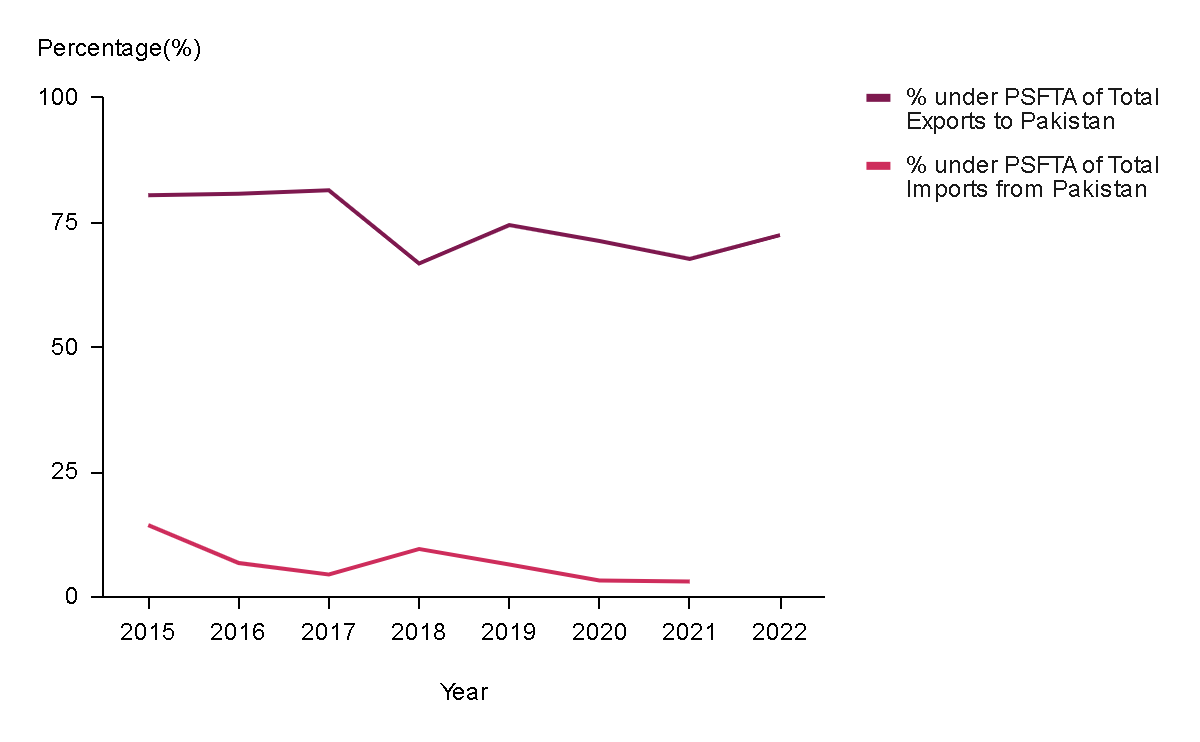By Dhananath Fernando
Originally appeared on the Morning
The Government is proposing an additional Rs. 500 billion supplementary budget for 2026 to manage expenditure linked to Cyclone Ditwah.
Obviously, we have to spend money to restore damaged civil infrastructure, livelihoods, and businesses. But we also need to remember that some reforms were already delayed, and now the cyclone has arrived on top of that.
The economic stability we have achieved, including 5.4% growth and the performance of the stock market, rested on five key pillars of reforms. We cannot compromise those reforms on one side. On the other, we must actively push the next set of reforms needed for growth. The cyclone should not become an excuse to pause the growth agenda.
The Central Bank independence law, the Public Financial Management Act, the Anti-Corruption Act, the setting up of the Public Debt Management Office, and cost-reflective pricing for fuel are five pieces of key legislation that helped rebuild stability. Now, with a new Rs. 500 billion supplementary budget, we are looking at amending the Public Financial Management Act and the 13% primary expenditure limit as a percentage of GDP.
Yes, we need to spend. But before we go to the full stretch of a supplementary budget, we must first be serious about repurposing existing allocations and redirecting budgets to rebuilding priorities. With higher expenditure being planned, revenue performance in 2026 may also weaken.
The main tax measure announced was to bring the Value-Added Tax threshold down, which may broaden the base. Still, the cyclone will affect consumption, production, and compliance in ways that are hard to predict. If revenues underperform while spending expands, we risk a wider budget deficit at the very moment we thought we had regained control.
We also need to be careful about what it means to relax the primary expenditure limit from 13% to 14.4%. This does not mean we should never amend the limit. Exceptional events require flexibility. But once we loosen a fiscal anchor, we should be clear-eyed about the political economy.
If another unexpected event happens within the next few months, the risk is that expenditure drifts further and discipline becomes harder to restore. The right sequence matters: repurpose first, tighten implementation, and then expand only what is absolutely unavoidable.
A wider budget deficit will also create pressure on other safeguards. When fiscal policy slips, monetary credibility comes under strain. The temptation then is to reopen backdoors, delay hard decisions, and use inflation as a silent tax. Even when intentions are good, this is often how political systems behave during shocks.
That is why defending the credibility of the Central Bank independence framework and the fiscal rules-based approach is not a technical obsession. It is the firewall that prevents emergencies from becoming permanent instability.
At the same time, we must move ahead with the reforms that were already pending: strengthening the social safety net through better targeting, land reforms, public transport reforms, and, most importantly, State-Owned Enterprise reforms. These reforms can unlock existing assets, reduce losses, and lift growth without continuously leaning on taxpayers.
Alongside this, trade and investment reforms are necessary for sustained growth. Simply lowering tariff rates, simplifying the tariff structure, and fixing Customs processes are not optional anymore. In fact, the cyclone opens a reform window for the Government, but the reforms must aim beyond merely returning to where we were before the disaster. Rebuilding should mean building better systems, not just repairing broken structures.
The immediate risk is that the national conversation narrows to cyclone recovery and, conveniently, forgets recovery from the economic crisis. Of course, if we fail to recover from the cyclone, another economic crisis is inevitable. But the reverse is also true. If we recover from the cyclone but abandon the economic reforms, we may still slide back into crisis, only with a different trigger.
The only way out is economic reform-led recovery, and we need to move quickly.
At the moment, there is talk of an international donor conference and an International Monetary Fund (IMF) Rapid Financing Instrument to support recovery. These can help, and Sri Lanka should pursue them with urgency and credibility. But the real game changer is defending the reforms that brought stability and executing the reforms that generate growth.
Donor support works best when paired with reforms, because the donor community understands our real weakness: after every external shock, we struggle not because we lack sympathy or even financing, but because we delay hard economic reforms once the immediate pressure eases.
Let us hope this cyclone becomes a turning point not only for relief and reconstruction, but also for the fundamentals of growth. And let us hope the donor community connects its support to long-delayed reforms that can prevent the next shock from becoming the next crisis.







